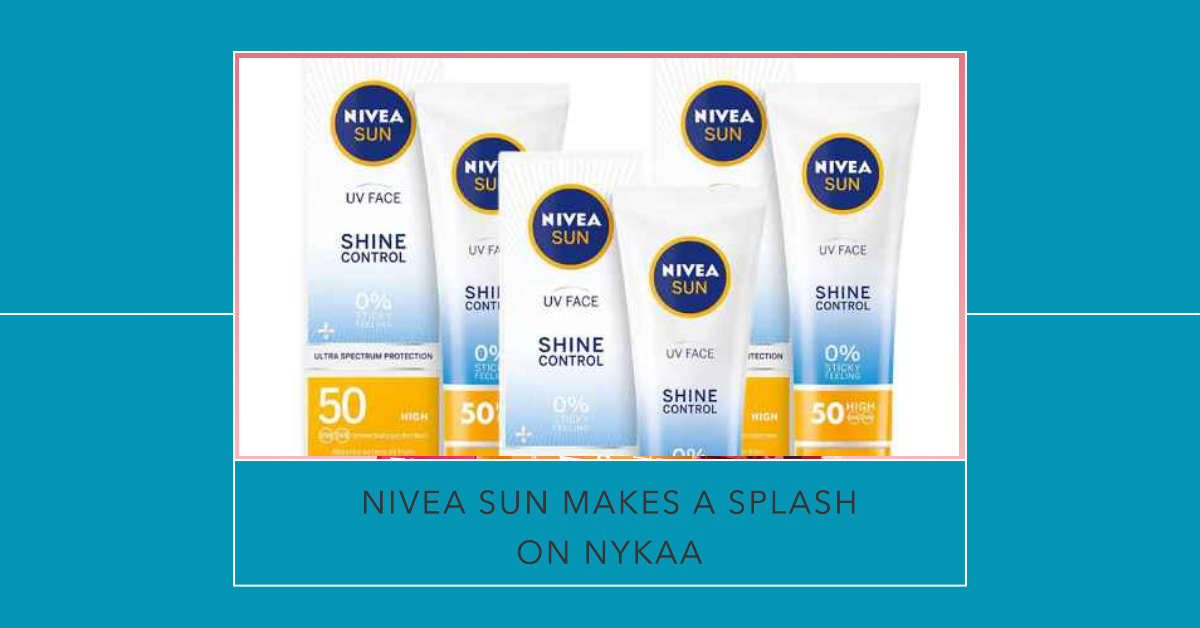In the modern world, skincare has evolved into a multifaceted science, offering a myriad of products, techniques, and advice to achieve radiant and healthy skin. For beginners, embarking on a skincare journey can be overwhelming, as the vast array of options can lead to confusion and misinformation. This comprehensive guide aims to demystify skincare by providing an in-depth exploration of key concepts, fundamental steps, and practical tips for those new to the world of skincare.
In This Article
Understanding Your Skin:
Before delving into the world of skincare products and routines, it’s essential to understand the foundation: your skin. Skin types typically fall into categories such as oily, dry, combination, and normal. Each type requires tailored care to address its unique needs. Determining your skin type provides a roadmap for selecting suitable products and designing an effective skincare regimen.
The Core Steps of Skincare:
- Cleansing – The First Step to Radiance: The cornerstone of any skincare routine, cleansing removes dirt, makeup, and pollutants that accumulate on the skin’s surface. A gentle cleanser, free from harsh chemicals, should be used twice daily to maintain a clean and clear complexion. Over-cleansing can disrupt the skin’s natural barrier, leading to irritation.
- Exfoliation – Unveil Fresh Skin: Exfoliating aids in removing dead skin cells, promoting cell turnover, and revealing a brighter complexion. It’s recommended to exfoliate 2-3 times a week, using either physical exfoliants (scrubs) or chemical exfoliants (acids). However, excessive exfoliation can cause redness and sensitivity.
- Hydration – Quench Your Skin’s Thirst: Moisturization is the key to maintain the skin’s hydration levels and prevent moisture loss. Opt for a moisturizer suitable for your skin type, applying it morning and night. The more well-hydrated a skin is, the plumper and more youthful it appears
- Sun Protection – Your Skin’s Best Friend: Sunscreen is a non-negotiable step in any skincare routine. Exposure to UV rays can lead to early aging, pigmentation issues, and even the development of skin cancer. Opt for a broad-spectrum sunscreen with an SPF of 30 or higher, and apply it every morning, regardless of the weather. Make sure to reapply it during the day, particularly if you are spending time outside. Regular sunscreen use helps prevent premature aging and reduces the risk of skin cancer.
- Targeted Treatments – Address Specific Concerns: Depending on your skin’s concerns, such as pigmentation, acne, or fine lines, incorporate targeted treatments like serums or creams. These potent products address specific issues, so use them sparingly and as directed. Consult a dermatologist to determine the best ingredients (e.g., retinol, vitamin C, niacinamide) to address your concerns effectively.
Developing a Skincare Routine:
Building a skincare routine requires a thoughtful approach tailored to your skin’s needs. Begin with the core steps mentioned above: cleanse, exfoliate, hydrate, protect, and treat. As you become familiar with these foundational steps, you can gradually introduce additional products like toners, masks, and eye creams. Experiment with products, observing how your skin responds and adjusting your routine accordingly.
Practical Tips for Skincare Success:
- Patch Test: Before introducing a new product, perform a patch test on a small area of skin to check for any adverse reactions.
- Patience Pays Off: Results from skincare routines take time to manifest. Be patient and consistent, avoiding the urge to switch products frequently.
- Read Labels: Familiarize yourself with ingredient labels to understand what you are applying to your skin. Avoid products with potentially harmful ingredients.
- Tailor to Seasons: Adjust your skincare routine based on seasonal changes. Your skin’s needs may vary with humidity, temperature, and other environmental factors.
- Professional Guidance: If overwhelmed, seek advice from dermatologists or skincare professionals to develop a personalized routine aligned with your skin’s requirements.
Additional Tips for Skincare Success:
- Stay hydrated by drinking plenty of water.
- Get adequate sleep to support your skin’s natural repair process.
- Consume a well-balanced diet abundant in antioxidants, vitamins, and minerals.
- Avoid smoking and excessive alcohol consumption, as they can harm your skin’s health.
Navigating the world of skincare as a beginner can be complex, but armed with knowledge and a well-structured routine, achieving healthy and radiant skin is within reach. Understanding your skin type, embracing core skincare steps, and adopting practical tips will empower you to embark on a successful skincare journey. Remember, skincare is not just about achieving a flawless appearance, but also about nurturing and maintaining the health and vitality of your skin.











